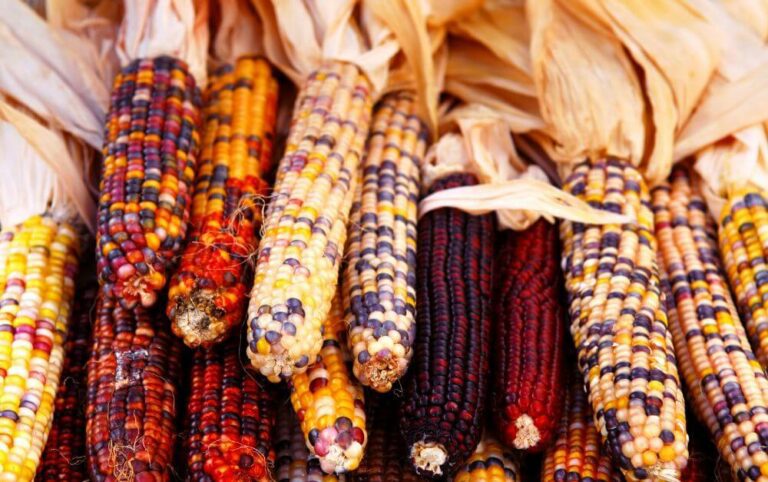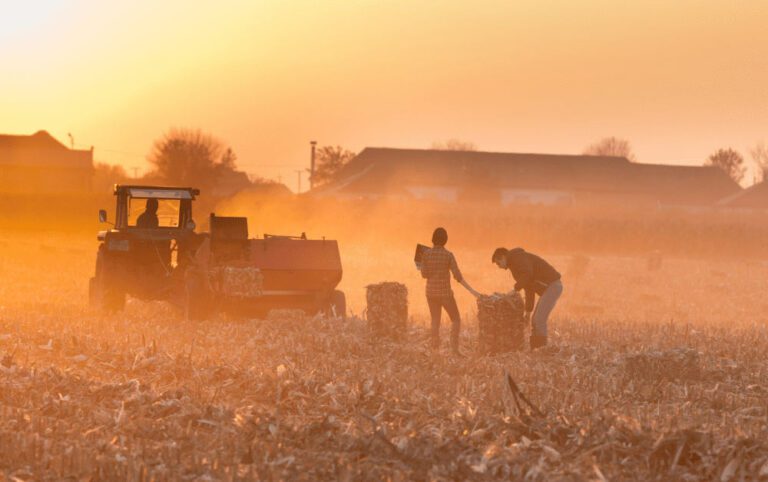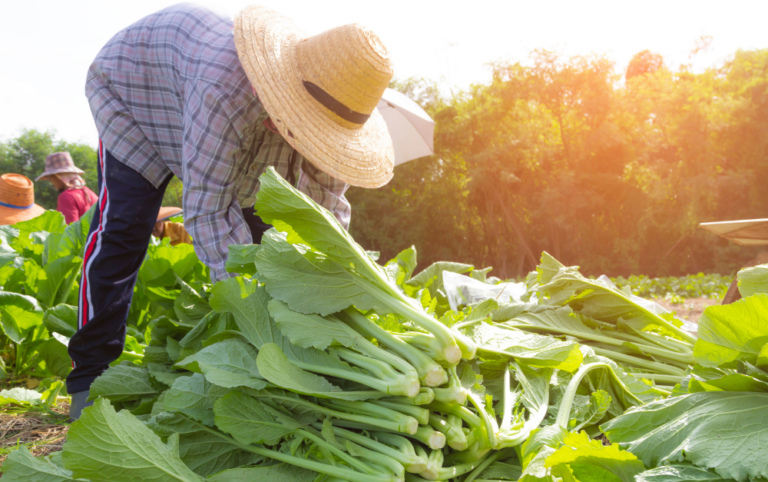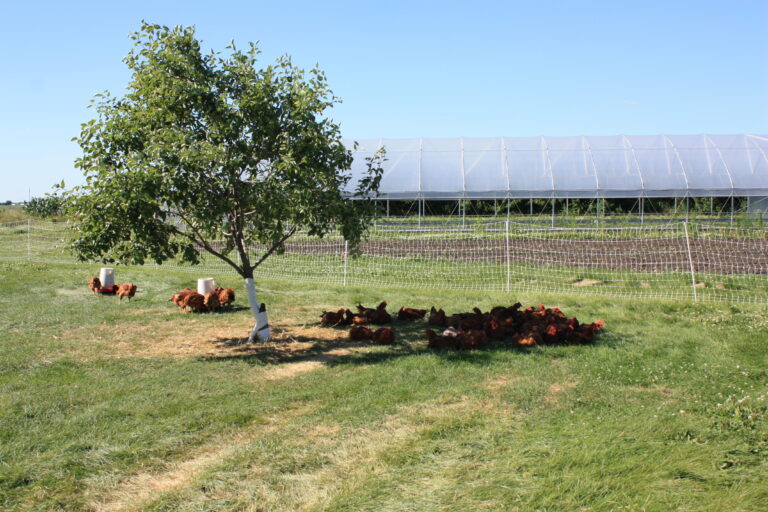On April 1, 2024, Mexico was set to follow through with its 2020 commitment to ban the toxic herbicide glyphosate (the active ingredient in Bayer’s Roundup in the USA and Faena in Mexico) by 2024. When the plan to phase out glyphosate and genetically engineered (GE) corn was originally laid out, Mexico’s government cited the purpose of the new policies as “contributing to food sovereignty and security” and the health of the Mexican people, as well as protecting native corn from contamination by GE pollen. Glyphosate is a pervasive herbicide frequently used on corn and other commodity crops, and genetically engineered corn is often modified to—among other things—be resistant to glyphosate.

News & Analysis
About every five years, the U.S. Congress passes the biggest set of food and farming policies that define the majority of federal farm, food, nutrition, and rural economic programs. At a cost of about $440 billion over five years, these programs influence: What is grown; who grows it; how it is grown or produced; what is done with those products and where they are sold; who can access and afford those goods; and how we invest in rural communities.
By supporting good legislation, opposing bad legislation, and building up a network of supporting organizations, it is our hope that we can collectively move the needle on farmworker rights in the right direction.
Watch and listen as two experienced farmers share stories and practical approaches for small-scale, diversified farms that use the principles of agroecology. This discussion may provide you with ideas that small farms where you live can adapt and thrive.
After many long days of negotiations, the U.N. Environment Programme (UNEP) made a historic move for safer food and farming by passing a resolution on highly hazardous pesticides (HHPs) that calls for action to globally phase out the use of the world’s most toxic pesticides by 2035. Tied with this resolution was the passing of a mandate for UNEP to implement this commitment by forming the Global Alliance on HHPs.
PFAS are persistent and have the potential to affect human health for many years. Some pesticides have PFAS in their formulations and others leach PFAS from their containers.

EPA withdraws all food uses of chlorpyrifos; advocates celebrate
August 18, 2021
For Immediate Release: August 18th, 2021 WASHINGTON D.C. — Today, the Environmental Protection Agency (EPA) announced its withdrawal of all food uses of chlorpyrifos. This announcement follows the 9th Circuit Court’s May 2021 order to withdraw all uses of chlorpyrifos in food production that cannot

Here’s a leadership opportunity, Mr. Regan
August 17, 2021
Update: Just last week, EPA announced a ban on all food uses of chlorpyrifos! Though the decision is not perfect — and we’ll continue pressing for phaseout of all remaining, non-food uses of this dangerous chemical — this is a huge milestone that protects the
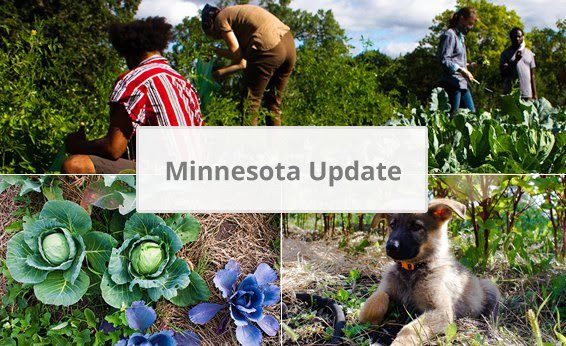
Minnesota Updates: August 2021
August 12, 2021
As Minnesota is one of the states in which PAN does on-the-ground campaign work, we send out regular updates on PAN and partners’ work in Minnesota and beyond — from pesticide-related science to opportunities to take action. If you’d like to receive these updates via email, sign up
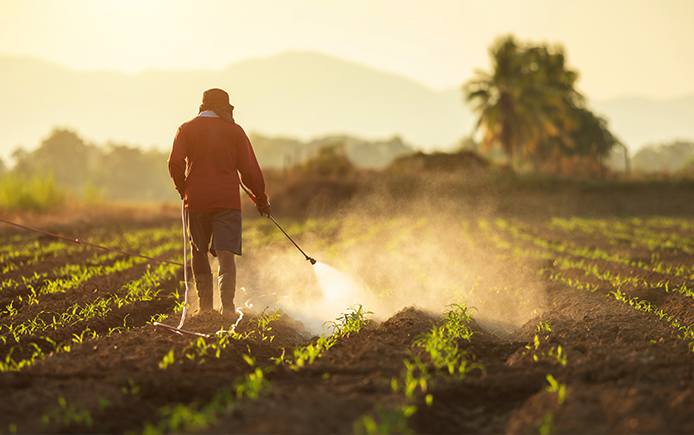
The #ToxicAlliance & the Food Systems Summit
August 10, 2021
Late last month, peasant movements, Indigenous peoples and civil society organizations (CSOs) sent two strong messages to those in charge of the UN Food Systems Summit (UN FSS) at a Pre-Summit event in Rome.
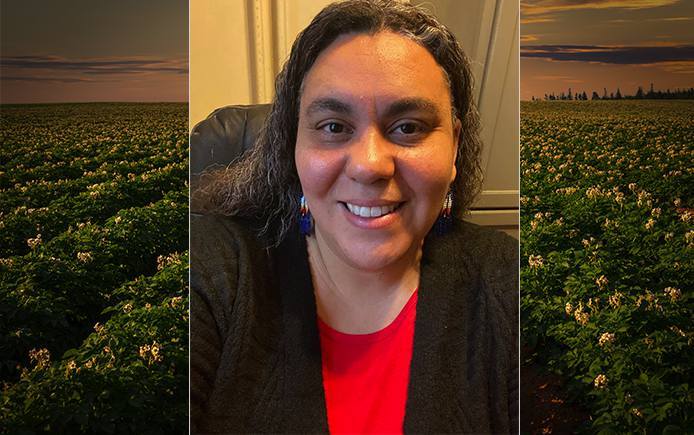
Partner spotlight: Tanya RedRoad and Toxic Taters
August 9, 2021
My spirit name is Biidabanaakwe. My English name is Tanya RedRoad. I am a descendant of the Little Shell Chippewa Tribe and Turtle Mountain Band of Chippewa. I’m very excited to announce that I have stepped into the role of Coordinator for the Toxic Taters



